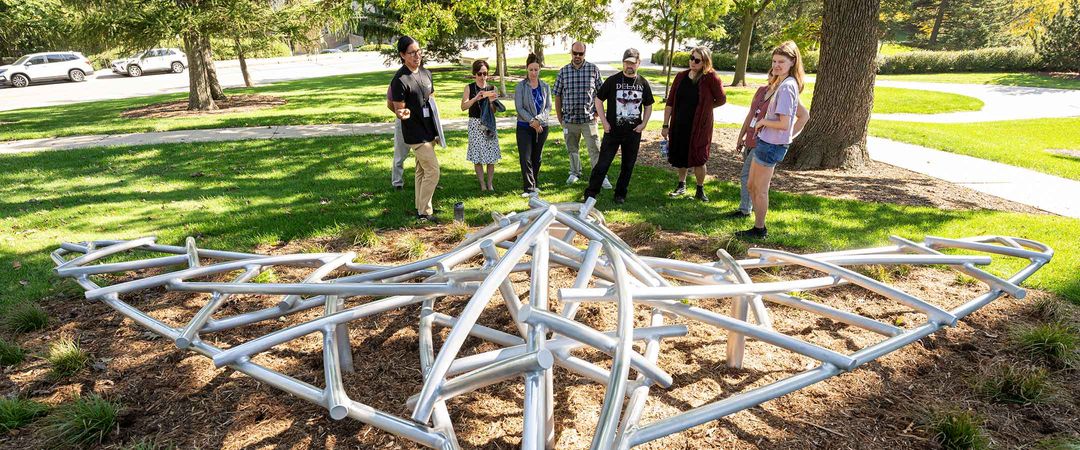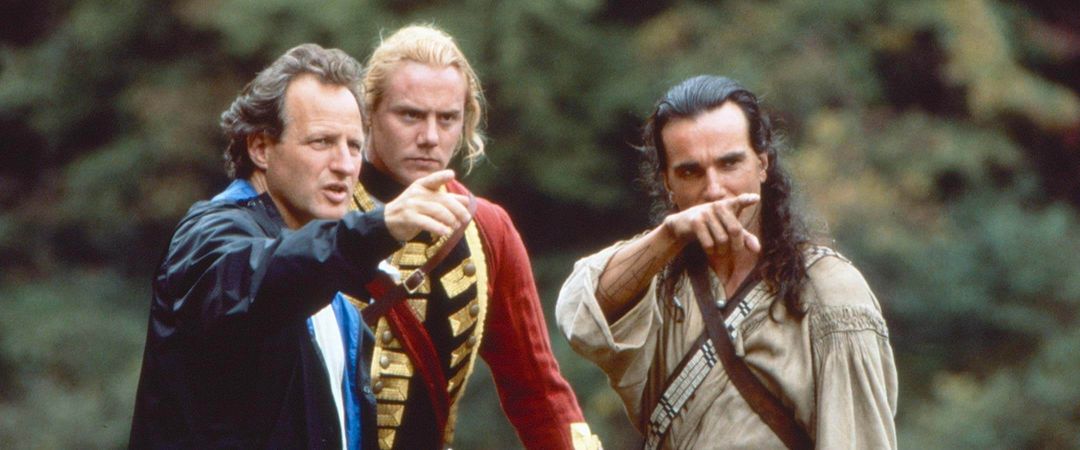Political scientist Steven Brooke is not really sure that Americans get how bad things are in Gaza since war erupted there in October.
“I think it’s just so important that people realize the scope of the death and destruction,” he says. “Just so many human lives are ended and irreparably changed.”
Brooke is a scholar of the Middle East — in fact, he is director of the university’s Middle East Studies program. He has made a career out of trying to understand the many facets of life in Egypt and Palestine, as well as the many identities that define the people of the region: national and tribal, social as well as political.
On the February 13, 2024, episode of The UW Now Livestream, Brooke will join political science professors Jon Pevehouse and Yoshiko Herrera for a discussion titled “Understanding a World at War.” Wisconsin Foundation and Alumni Association CEO Mike Knetter will moderate the conversation and bring forward questions from viewers.
My chief area of research is:
My interests are in religion and politics — social movements. I have an interest in the various forms of identity in the Middle East, and in particular, how they’ve changed. I have projects looking at the role of a tribal identity and how it has changed or persevered. I have a project that looks at the emergence of nationalism. And then I have some historical projects, too. I’m the principal investigator of a grant that is attempting to reconstruct maps of Egypt from the interwar period — to digitize them and extract all of the information and make them publicly available for people to use.
Tonight on The UW Now, I’ll discuss:
One thing that I think bears emphasizing is that this is just a very dangerous period in the region. There is a risk, if not reality, of a very critical humanitarian catastrophe in Gaza. Around the region, there are just so many potential ways and fronts that this conflict could escalate. You see that in Syria; you see it in Lebanon; you see it in Iraq and Jordan: American troops that are on the ground that are being killed as a result of this. You see it in Yemen with the Houthis and how that relates to a potentially larger conflict between the U.S. and Iran. This conflict is also destabilizing other states in the region, such as Egypt and Jordan, that are trying to manage tremendous levels of popular frustration and anger.
The one thing I want viewers to remember is:
U.S. policy in the region is fundamentally broken. The status quo is really unsustainable. To solve the problem, there needs to be not just a ceasefire, but an end to the occupation. I just don’t see a way forward without that being the central plank of U.S. policy. And that’s going to entail some difficult decisions and hard choices for a lot of the parties involved.
To get smart fast, read:
Israeli newspapers — and here, I would point in particular to Haaretz — have pretty good coverage. The way that they approach this — their sourcing, particularly in the Israeli government, their sense of Israeli society on the ground, the political scene — I think is quite good. Maybe on the other side, you might look at an organization like Al Jazeera. They have sources on the ground in the Gaza Strip, and that’s not a trivial thing. Dozens of Palestinian journalists have been killed in this conflict, and so it’s very difficult to collect that data and accurately report what’s going on on the ground. Social media is a double-edged sword. It’s good in that it’s unfiltered and direct. But we have to consume it with care because in addition to deliberate misinformation and disinformation, social media creates cleavages, creates emotional reactions, and that can tend to reconfirm our existing biases rather than challenge them.





